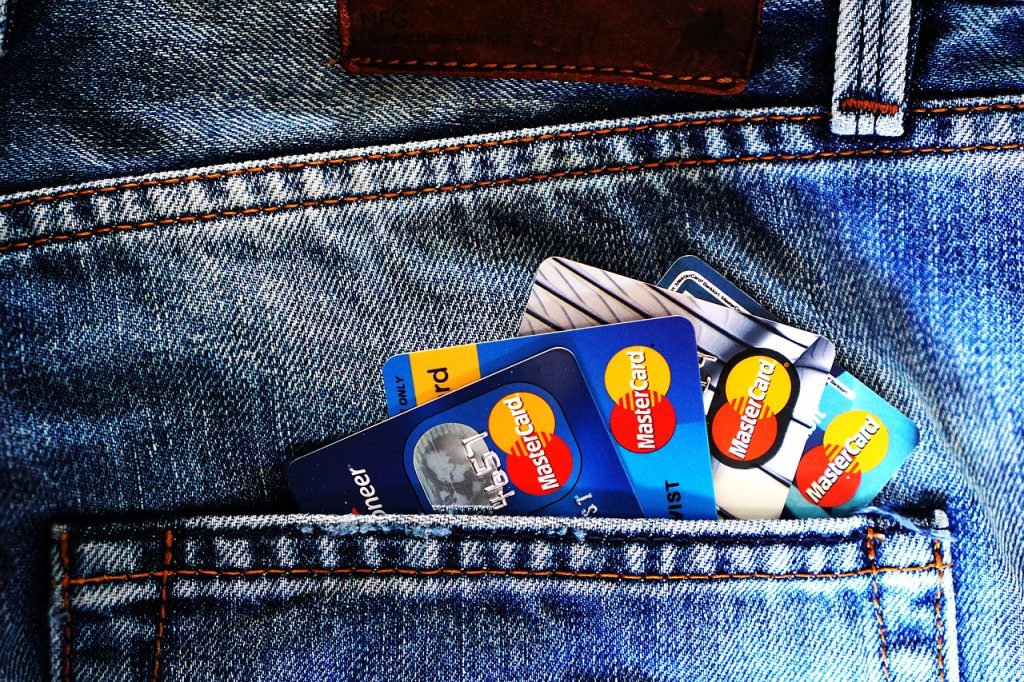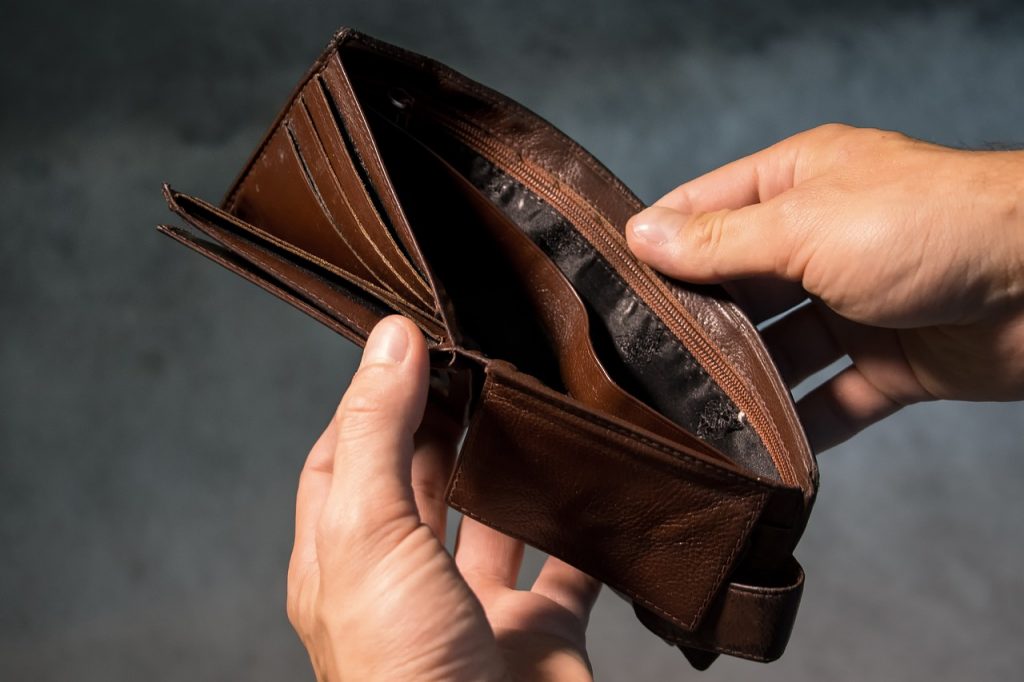The Best Ways To Prepare For An Economic Recession
Discover the best ways to prepare for a recession.
This article is more than 2 years old

Both the Federal Reserve and expert Economists have been warning of an imminent economic recession. Those familiar with the Great Recession that occurred back in 2008 will likely remember the devastating toll it wreaked on both the United States’ economy and its residents. In contrast to times of economic prosperity, a recessionary period is one that is marked by potential financial difficulties for businesses and individuals alike. Hence, the fact that the economy is now very likely on the precipice of one, is sure to spark fear and angst in the minds of individuals unaware of how to prepare for such a concerning circumstance. Those fears are warranted. However, thankfully, there are things that you can do to prepare you and your family to endure a recession and come out on the other end virtually unscathed by its potential economic effects. Read on to discover the best things you can do to adequately prepare yourself for a recession, should one arise.
REVISE YOUR BUDGET

With a potential recession looming, there is no better time to take a second look at your monthly budget. In a recession-choked economy, you’ll want to have as much money saved up for a rainy day as possible. Take time to write (or type) out all your bills and expenditures. See where you are spending frivolously and consider reducing or removing those lofty purchases. Examine your “odds and ends bills.” These are the bills that you have, that likely don’t cost you a lot to pay for, but that you don’t really need. For example, perhaps your pay for every streaming service under the sun. Consider whether you really spend time watching all of them or if you tend to gravitate towards just a few. Unsubscribe to the ones you watch the least.
Additionally, aim to beef up your savings plan. Cutting bills will help you to generate more liquid cash. Put that extra cash right into savings and forget about it. Then determine whether you can allocate any additional funds to your savings balance. A good way to do this is to reduce your recreational funding. Order or eat out less. Forgo going to the movies and instead opt to rent a movie at home. Then put what you don’t use directly into savings.
SELL WHAT YOU DON’T NEED

Everyone, or at least almost everyone, has perfectly good things inside their home that they might not use, want, or need. Start making all that excess stuff work for you. Take time to go through everything you might not want and then sell those items. Leverage online marketplaces like eBay, Facebook Marketplace, or Craigslist. You can also opt to have a garage sale to attract locals in your neighborhood. Or, if you have enough stuff to sell, you can even rent a booth at a local flea market to help offload your goods and, in turn, make some extra cash. This particular recession prep tip not only bolsters your bottom line but clears away extra clutter in your home. That’s a win-win all-around.
SETTLE YOUR DEBTS

During a recession, there is always the risk that at one point you may be strapped for cash. In those cases, you’ll want to prioritize things like making sure you are fed and have a roof over your and your family’s heads. You won’t, however, want or need the added stress of immense debt weighing on you. The less debt you have during a recession, the better. Hence, prior to the market taking a recessionary hit, it’s best to clear away as many debts as you can. Or, at least, aim to reduce your overall overhead by a measurable amount. For instance, start paying more than the minimum payment each month on the loans or credit cards you have. That way you will be putting more towards the principal balance instead of just possibly paying towards the accrued interest on those accounts.
Also, should you have old debts in collections or sizable medical bills that you’ve been putting off paying, you can call those companies who are managing those debts to see if they would accept less to satisfy them. Oftentimes companies will be willing to come to a mutual agreement. This is because it behooves them, as much as you, to have the account cleared from their balance sheets.
LOOK FOR JOBS WHILE THE GETTING IS STILL GOOD

At present, the economy is still thriving. Unemployment is low. Nationwide, the unemployment rate is currently hovering just above 3.5%. More people employed means that many people are still spending money, keeping the economy at where it is for now. Also, the pandemic served to re-shuffle the job market to make it ideal for those seeking employment. For instance, many employers are offering wages and benefits packages far superior to the ones they were offered pre-pandemic. And right now, there are still a plethora of jobs open for the taking. Hence, if you are in the market for a new job, now is the time to take advantage and get while the getting is still good.
AVOID MAKING RASH FINANCIAL DECISIONS

Taking a big financial risk just prior to a recession is not advisable. Saving and conserving as much money as possible in anticipation of the start of a recession is the ultimate goal. For example, you’ll likely want to avoid making any large impulse purchases. Consider whether you really need a brand new car or that shiny new big-screen television. If the ones that you have are working just fine, then the answer is likely, no.
Additionally, if you have money put away in investments, it’s best not to let an imminent recession scare you into selling them. Investing is designed for those who want to be in it for the long haul. The economy will always have its natural ebbs and flows, so don’t let a little market fluctuation frighten you into giving away valuable assets that could have made you considerable sums in the long run. This is especially true if those assets are in a diversified portfolio, as any losses you see will be spread out over a larger number of investments. In this case, patience is a virtue.
TO CONCLUDE

Preparing for a recession is important. It will certainly help to quell your nerves during a period where everything seems uncertain. Ultimately, the key takeaway is that to prepare for a recession you need to save and conserve your funds while proceeding financially cautiously through the coming years. Simply put, keep as many different eggs in your basket as possible.



